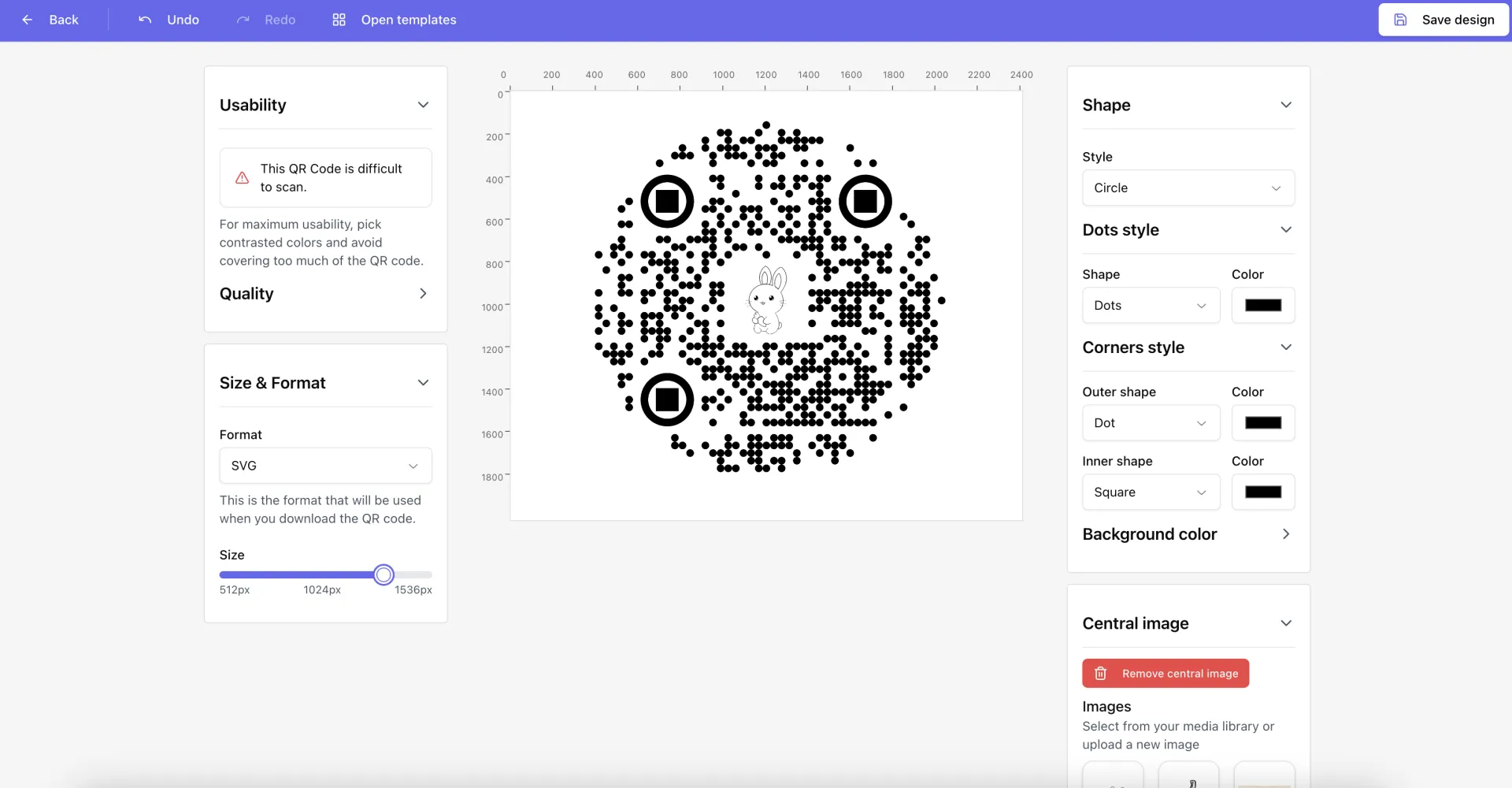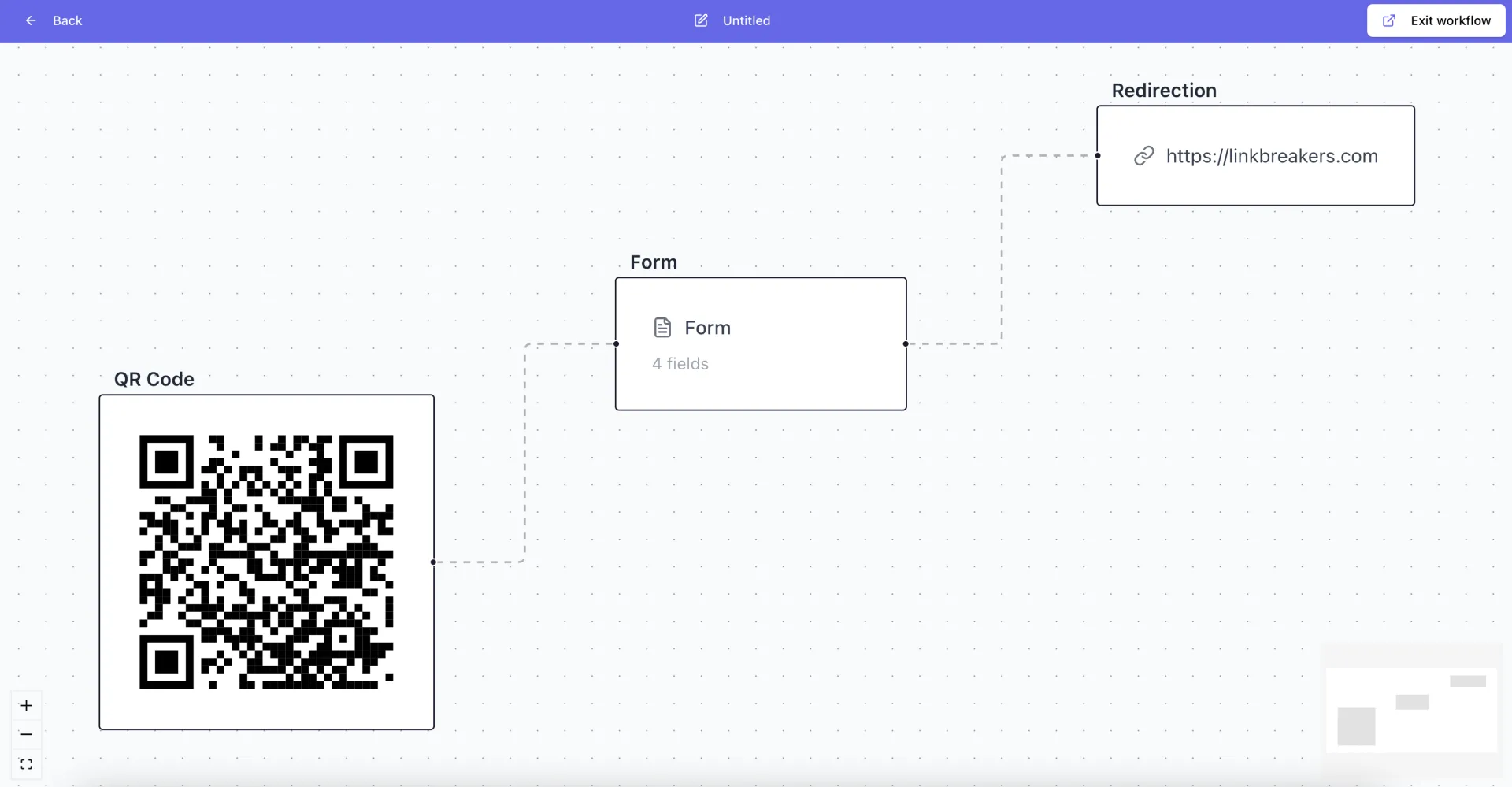Everyone keeps preaching the same thing. Build an MVP. Test it fast. If it doesn't sell immediately, trash it and move on.
Here's what I've learned after years of building: that playbook wasn't written for everyone.
The YC model isn't your model
Y Combinator's approach makes sense for them:
- Invest in 100 startups, accept 90 will fail, hope one becomes a unicorn
- Their top 4 companies account for 84% of value created
- But first-time founders have only an 18% success rate
You're probably not building a unicorn on your first try. And that's completely fine. If you built something making a few million annually, you'd likely be thrilled.
When MVPs don't work
- People won't pay for vaporware unless you're a natural salesperson
- If alternatives exist and your product barely works, they'll pick those alternatives
- If no alternative exists, the market probably doesn't exist either
- Most common startup failure reason? Lack of product-market fit at 34%
When you launch a broken MVP to a large customer base, you build brand association with that first version. Users don't think "this must be their initial stab" they ask "is this way better than what I already use?"
My journey: soft pivots over hard ones
I started with Aquiestoy (employee tracking), built free tools that got thousands of users, then created Linkbreakers (QR code generator with tracking).
The results:
- Traffic came immediately. Sign-ups poured in daily
- Thousands of users loved it
- But barely anyone converted to paid plans
Why? I'd attracted the wrong market. People wanted a tool, not a service. Design capability alone doesn't create enough value to justify payment.
The pivot that matters
Then it clicked: QR codes are workflows.
Now I'm building conditional QR codes that redirect based on country, device, or any factor. Testing restaurant use cases, email capture, gamification, coupon distribution. All built on the same workflow engine.
Everything accumulates: the QR scanner, device analysis, lead scoring attempts, workflow system. I'm navigating to find my market while building real expertise.
Why complexity creates value
Two years ago, I would've laughed at building all this. Too complex. Too time-consuming.
But I think that complexity might be exactly what creates value. The barrier to entry is the point.
This goes completely against conventional wisdom. You're supposed to fail fast and trash what doesn't work.
Instead, I'm doing soft pivots. I started wanting to track employees, now I'm building workflows for restaurants. The technical foundation remains useful.
What the data actually shows
The reality nobody talks about:
- Every successful tech company repeatedly reinvented itself (Apple, Microsoft, Netflix)
- 75% of founders report success after pivoting
- Median time from idea to product-market fit: 2 years
- Bootstrapped startups have 60-70% survival rate vs VC-backed companies
- Shopify didn't raise for 4 years. GitHub for 4 years. Wayfair for 9 years
My takeaway
I'm not saying MVP is wrong. I'm saying it's not the only path, and maybe not even the most common one.
Sometimes you build something substantial that doesn't convert immediately. So you examine what you've built and shift it slightly. Construction continues. It accumulates.
The real competitive advantage might not be speed. It might be persistence, adaptability, and recognizing when you need a soft pivot instead of starting over.
I'm convinced I'll eventually find the right value proposition. The genuinely compelling one where I could confidently run paid ads knowing they'd convert.
On top of that, I'm very happy building it.



Btw, I granted you $20 in ad credits, thanks for helping the community 😁
Login to post a comment.